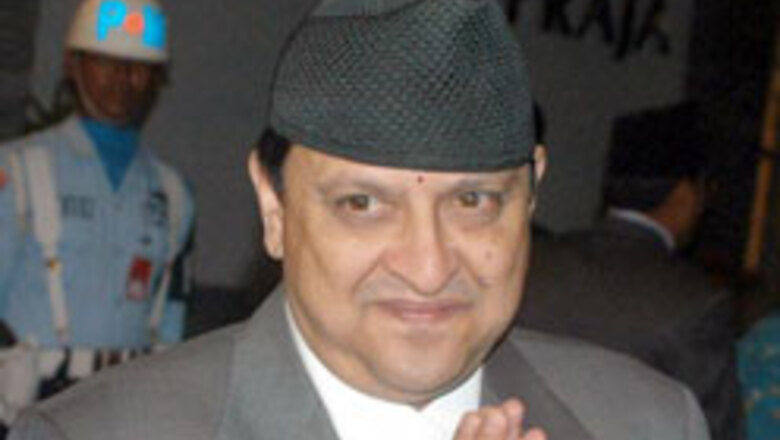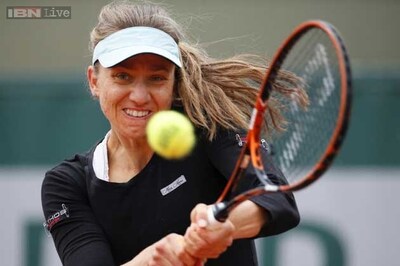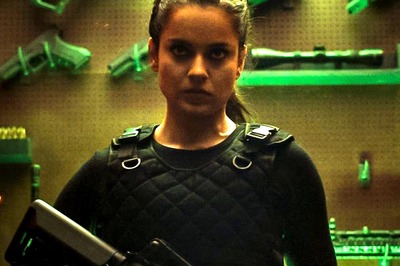
views
Kathmandu: Nepal's King Gyanendra used his first public appearance since restoring democracy to sacrifice animals and offer prayers to the Hindu goddess of power, officials and local media said on Saturday.
The 58-year-old monarch, accompanied by Queen Komal, made a quiet visit on Friday to the shrine of Dakshinkali, about 25 km south of Kathmandu, a palace official said.
The king, who gave in to last month's street protests and reinstated the parliament dissolved in 2002, offered prayers to the "family deity" in a ceremony marked every year on the eighth day after the half-moon day in the Nepali month of Baisakh (mid-April to mid-May), he said.
"This is a very important worship of the family or personal deity," said Mukunda Raj Aryal, an expert on Nepal's Hindu culture. "The family deity is the most important of all gods and is worshiped on all auspicious occasions."
The monarch offered prayers for more than 90 minutes at the shrine located in a forested ravine and sacrificed a goat, a lamb, a buffalo, a rooster and a duck to the deity, the Kathmandu Post daily said.
It said more than 300 soldiers and policemen kept a vigil along the route and around the temple but the usual rush of people to cheer the monarch was conspicuous by its absence.
It is common for Hindus in Nepal, the world's only Hindu kingdom, to sacrifice animals to Dakshinkali, considered the goddess of power.
For centuries, Nepali Hindus considered the king as an incarnation of Lord Vishnu, the god of protection and one of the sacred Hindu trinity of supreme gods that also includes Brahma and Shiva.
But King Gyanendra's popularity dipped after he sacked the government and took over absolute power early last year.
He justified the power grab saying political parties had failed to quell a deadly Maoist revolt that has killed thousands and hold national elections.
But last month, he bowed to pro-democracy protesters shouting "Death to Gyanendra" and handed power back to political parties that led a mass campaign against him.
At least 15 people were killed and thousands wounded in the street protests, which also brought the poor Himalayan country to a standstill for about three weeks.
On Friday, Nepal's new multi-party government set up a panel to investigate the "excessive use of force" by the ousted royalist government to suppress the anti-king rallies.
The interim government and Maoist rebels are also preparing for elections to an assembly to write a new constitution and decide the future of the monarchy.
But the king could try and block attempts to relegate him to a ceremonial position through the supreme court which has many royal appointees, analysts say.



















Comments
0 comment